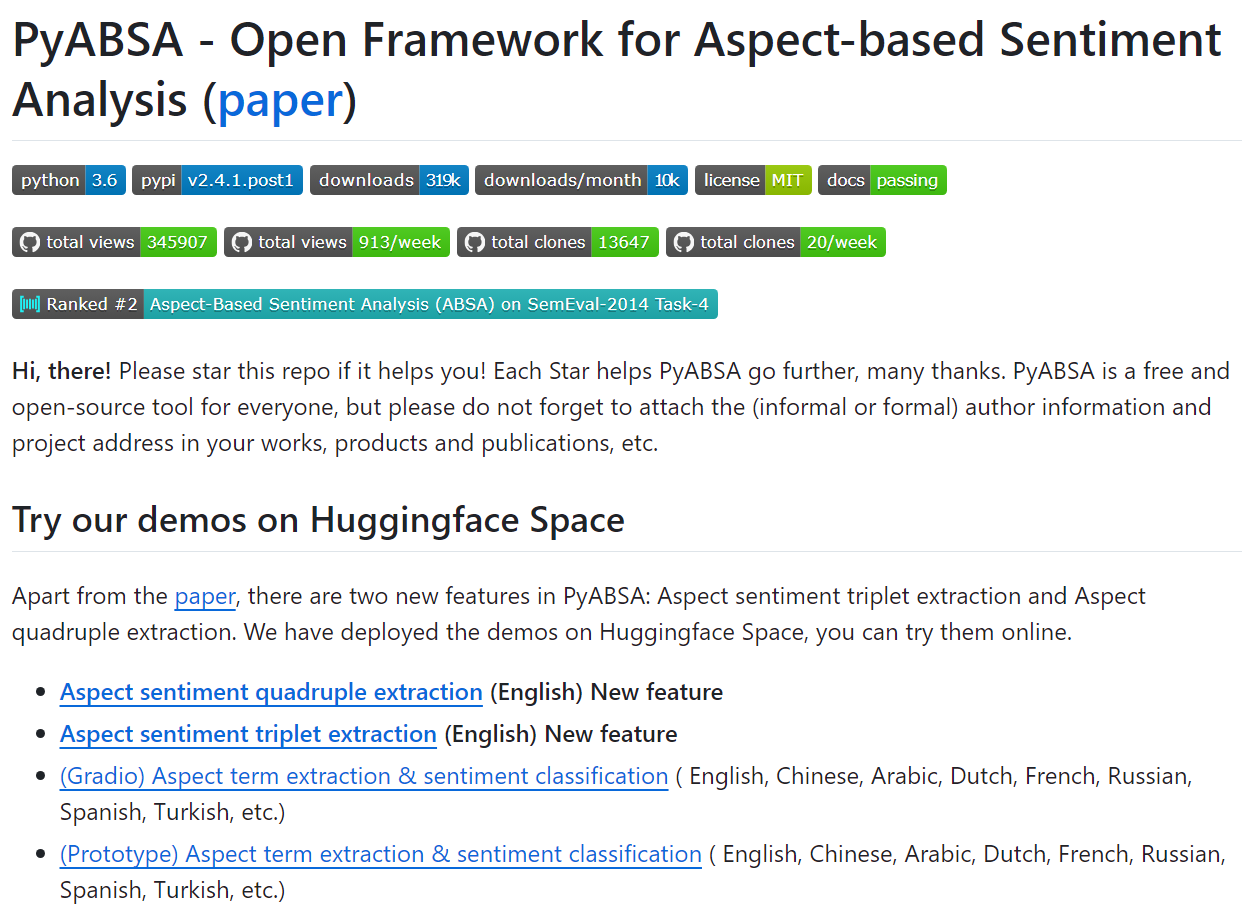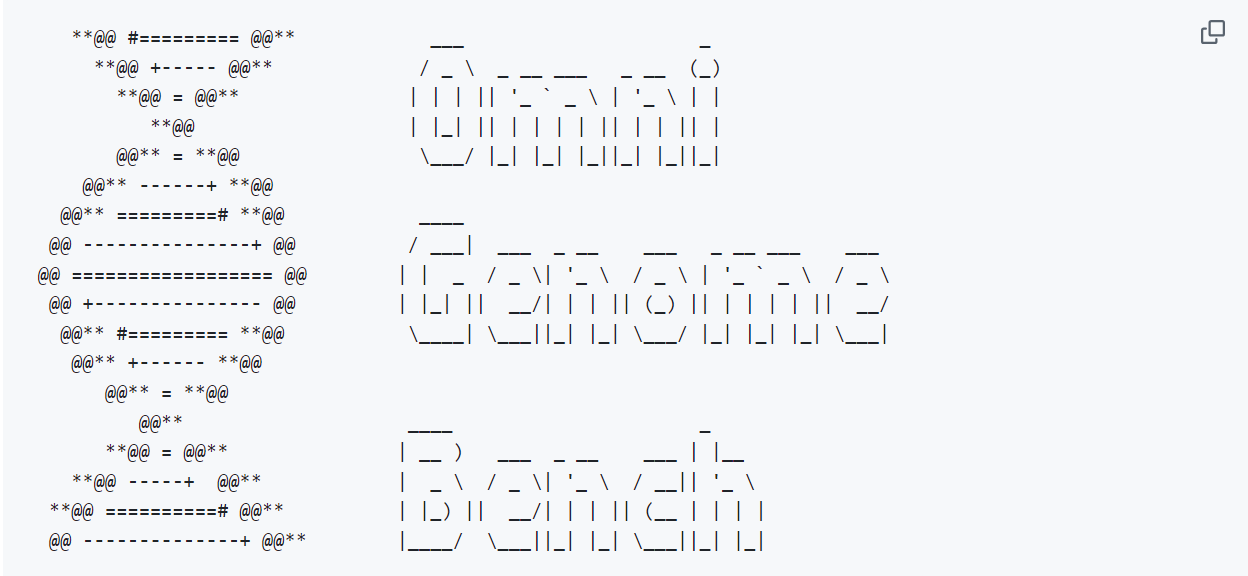Heng Yang
AI Researcher & PhD Student
I am a PhD student at the University of Exeter, specializing in Large Language Models, Genomic Foundation Models, and Aspect-Based Sentiment Analysis. My research focuses on developing innovative computational methods for biological sequence modeling and sentiment analysis, leading open-source initiatives with over 2 million downloads and contributing to top-tier publications like Nature Machine Intelligence.

